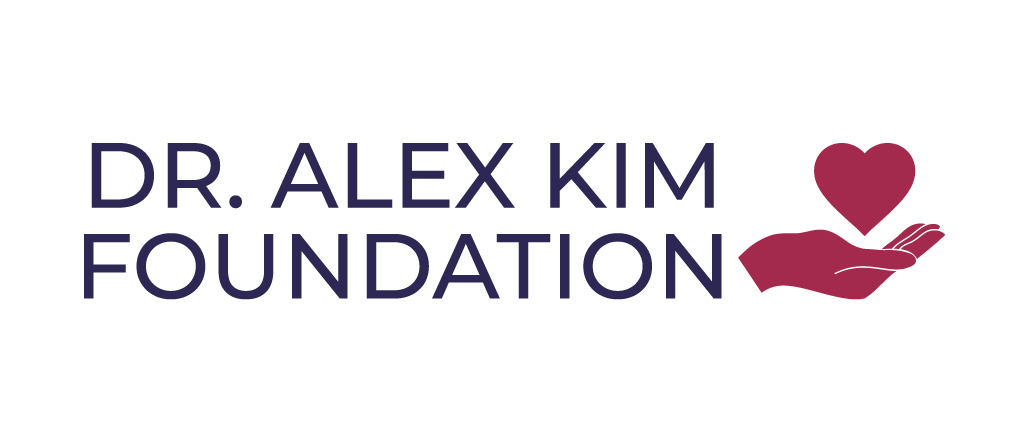Housing is more than just a roof over one’s head—it’s a foundation for safety, stability, and recovery, particularly for individuals who have experienced trauma. Trauma-informed housing services address the unique needs of survivors, whether they’ve faced domestic violence, homelessness, or systemic inequities. By prioritizing emotional well-being alongside physical shelter, these programs create environments where individuals can heal and rebuild their lives.
What Is Trauma-Informed Care?
Trauma-informed care recognizes the widespread impact of trauma and integrates this understanding into policies, procedures, and practices. It emphasizes safety, trustworthiness, empowerment, and peer support, ensuring that services are sensitive to the needs of trauma survivors. In housing contexts, this approach transforms shelters, transitional housing, and permanent residences into spaces that foster recovery.
The Connection Between Housing and Trauma
For many, housing insecurity stems from traumatic experiences such as domestic abuse, displacement, or financial crises. Conversely, the lack of stable housing often exacerbates existing trauma, creating a cycle of instability. Trauma-informed housing services aim to break this cycle by addressing root causes and providing supportive environments.
Core Principles of Trauma-Informed Housing
1.Safety
Physical and emotional safety are prioritized. This includes secure facilities, respectful staff, and measures to prevent re-traumatization.
2.Collaboration and Empowerment
Residents are treated as active participants in their recovery journey, with programs designed to build autonomy and confidence.
3.Cultural Sensitivity
Services are tailored to respect cultural, racial, and gender identities, recognizing that trauma impacts individuals differently.
4.Peer Support
Many trauma-informed housing services incorporate peer mentorship programs, allowing residents to connect with individuals who have shared similar experiences.
Benefits of Trauma-Informed Housing Services
1.Improved Mental Health
Safe and supportive housing reduces anxiety, depression, and post-traumatic stress, offering a foundation for recovery.
2.Greater Stability
Trauma-informed programs address barriers to employment, education, and healthcare, helping residents achieve long-term stability.
3.Stronger Community Integration
These services encourage community-building, reducing isolation and fostering a sense of belonging.
4.Lower Recidivism Rates
Trauma-informed care reduces the likelihood of individuals returning to homelessness or unsafe situations.
Examples of Successful Trauma-Informed Housing Models
•Domestic Violence Shelters: These facilities often incorporate counseling, legal support, and childcare services to empower survivors.
•Supportive Housing for Homeless Veterans: Programs that combine housing with mental health services and vocational training have shown significant success.
•Transitional Housing for Youth: Trauma-informed approaches help young people transition from unstable environments to independent living.
Challenges in Implementing Trauma-Informed Housing
1.Funding Constraints
Developing and maintaining trauma-informed programs requires significant financial investment.
2.Staff Training
Ensuring staff are adequately trained in trauma-informed practices is essential but can be resource-intensive.
3.Access and Availability
Limited availability of trauma-informed housing often leaves many individuals without the support they need.
The Alex Kim Foundation’s Role in Trauma-Informed Housing
The Alex Kim Foundation is dedicated to providing housing solutions that do more than meet basic needs—they create environments where individuals feel valued, supported, and empowered. Our trauma-informed housing initiatives prioritize safety, dignity, and recovery, helping individuals and families reclaim their lives.
How You Can Help
Supporting trauma-informed housing services can make a transformative difference. Whether through donations, advocacy, or volunteering, you can contribute to creating safe havens for those in need. Explore the Alex Kim Foundation’s programs to learn more about how you can get involved. Together, we can build a future where everyone has the opportunity to thrive.
Change Lives with the Dr. Kim Foundation
Contact Us Today
Housing is more than just a roof over one’s head—it’s a foundation for safety, stability, and recovery, particularly for individuals who have experienced trauma. Trauma-informed housing services address the unique needs of survivors, whether they’ve faced domestic violence, homelessness, or systemic inequities. By prioritizing emotional well-being alongside physical shelter, these programs create environments where individuals can heal and rebuild their lives.
What Is Trauma-Informed Care?
Trauma-informed care recognizes the widespread impact of trauma and integrates this understanding into policies, procedures, and practices. It emphasizes safety, trustworthiness, empowerment, and peer support, ensuring that services are sensitive to the needs of trauma survivors. In housing contexts, this approach transforms shelters, transitional housing, and permanent residences into spaces that foster recovery.
The Connection Between Housing and Trauma
For many, housing insecurity stems from traumatic experiences such as domestic abuse, displacement, or financial crises. Conversely, the lack of stable housing often exacerbates existing trauma, creating a cycle of instability. Trauma-informed housing services aim to break this cycle by addressing root causes and providing supportive environments.
Core Principles of Trauma-Informed Housing
1.Safety
Physical and emotional safety are prioritized. This includes secure facilities, respectful staff, and measures to prevent re-traumatization.
2.Collaboration and Empowerment
Residents are treated as active participants in their recovery journey, with programs designed to build autonomy and confidence.
3.Cultural Sensitivity
Services are tailored to respect cultural, racial, and gender identities, recognizing that trauma impacts individuals differently.
4.Peer Support
Many trauma-informed housing services incorporate peer mentorship programs, allowing residents to connect with individuals who have shared similar experiences.
Benefits of Trauma-Informed Housing Services
1.Improved Mental Health
Safe and supportive housing reduces anxiety, depression, and post-traumatic stress, offering a foundation for recovery.
2.Greater Stability
Trauma-informed programs address barriers to employment, education, and healthcare, helping residents achieve long-term stability.
3.Stronger Community Integration
These services encourage community-building, reducing isolation and fostering a sense of belonging.
4.Lower Recidivism Rates
Trauma-informed care reduces the likelihood of individuals returning to homelessness or unsafe situations.
Examples of Successful Trauma-Informed Housing Models
•Domestic Violence Shelters: These facilities often incorporate counseling, legal support, and childcare services to empower survivors.
•Supportive Housing for Homeless Veterans: Programs that combine housing with mental health services and vocational training have shown significant success.
•Transitional Housing for Youth: Trauma-informed approaches help young people transition from unstable environments to independent living.
Challenges in Implementing Trauma-Informed Housing
1.Funding Constraints
Developing and maintaining trauma-informed programs requires significant financial investment.
2.Staff Training
Ensuring staff are adequately trained in trauma-informed practices is essential but can be resource-intensive.
3.Access and Availability
Limited availability of trauma-informed housing often leaves many individuals without the support they need.
The Alex Kim Foundation’s Role in Trauma-Informed Housing
The Alex Kim Foundation is dedicated to providing housing solutions that do more than meet basic needs—they create environments where individuals feel valued, supported, and empowered. Our trauma-informed housing initiatives prioritize safety, dignity, and recovery, helping individuals and families reclaim their lives.
How You Can Help
Supporting trauma-informed housing services can make a transformative difference. Whether through donations, advocacy, or volunteering, you can contribute to creating safe havens for those in need. Explore the Alex Kim Foundation’s programs to learn more about how you can get involved. Together, we can build a future where everyone has the opportunity to thrive.

